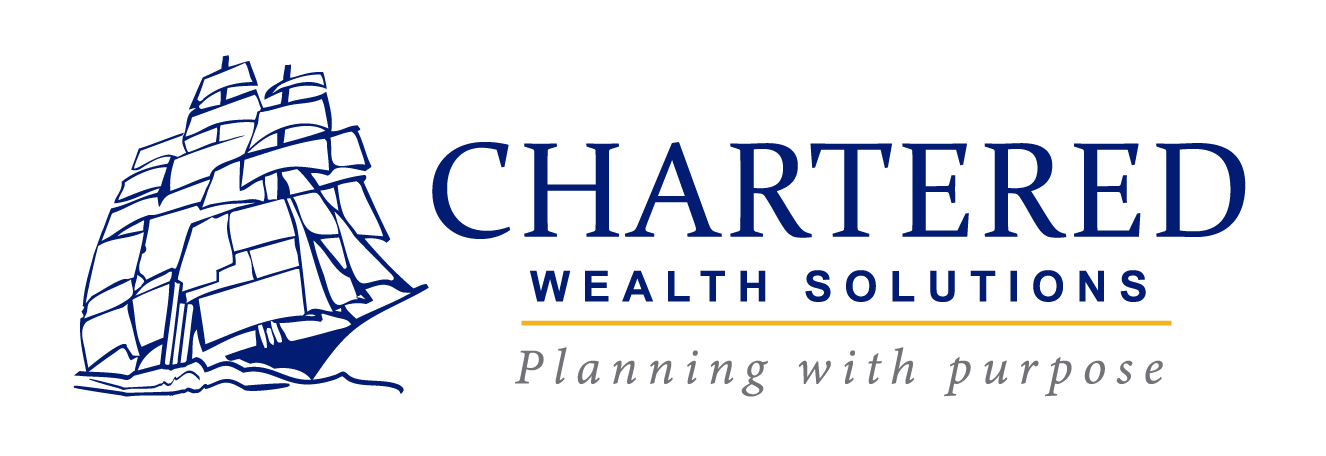How to get back on track when life forces a change
By Tom Brukman, Director and Financial Planning Specialist at Chartered Wealth Solutions
One day, you feel financially secure. The next, an unexpected job loss, a business downturn or a family change forces you to rethink everything. How do you rebuild financial stability when life shifts unexpectedly?
For many, midlife is a turning point – one that demands financial reinvention. What used to work may no longer be enough, and ignoring the situation only leads to more stress. The good news? This is an opportunity to take control, redefine your financial priorities and build a sustainable plan for the years ahead.
When your income changes, the way you manage money must change too. The first step is to strip your budget down to the essentials – housing, food, utilities, insurance, transport and unavoidable expenses like school fees. This becomes your non-negotiable baseline. Everything else – subscriptions, dining out, impulse spending – moves into the wants category. Cutting unnecessary expenses isn’t about deprivation, it’s about regaining control and making your money work smarter for you.
I recently worked with a 52-year-old business owner who faced a sudden downturn in his industry. Initially, he felt overwhelmed by his financial obligations, but when we carefully reviewed his spending, he identified multiple unnecessary expenses – premium streaming services, gym memberships he rarely used and costly dining out habits. By redirecting those funds towards his essential costs, he quickly regained control of his finances without feeling like he was sacrificing his lifestyle.
If you’re in midlife, chances are you have scattered retirement accounts – old pensions, investment funds or annuities you haven’t reviewed in years. Now is the time to consolidate, assess their performance and adjust your strategy. One of my clients in her late 40s hadn’t looked at her various retirement accounts for years. She assumed they were fine, but when we reviewed them, she realised some funds were underperforming, while others had high fees eating away at her savings. After consolidating her funds and adjusting her investment strategy, she not only simplified her finances but also ensured her retirement savings were working for her in the most efficient way.
In times of financial stress, it’s easy to make fear-based decisions, such as cashing out investments too soon or holding onto underperforming assets. Seeking unbiased financial advice can help prevent costly mistakes and ensure your money is positioned for long-term security.
One of the most valuable assets in midlife is experience – not just in your career, but in the relationships you’ve built. Many new opportunities come through the people you already know, yet too often, people hesitate to reach out. Letting your network know you’re open to new opportunities isn’t asking for help – it’s opening doors. A client in his early 50s was devastated after being made redundant from a role he had held for over two decades. He assumed finding a similar position would be tough, but after reconnecting with old colleagues and highlighting his transferable skills, he landed a consulting opportunity that turned into a full-time role within six months. It was different from what he had done before, but it offered flexibility and financial stability.
This is also the time to reassess your skills and expertise. What strengths have you developed that are valuable in today’s market? Are there ways to pivot into consulting, coaching or project-based work? Many assume that leaving a specific role or industry means their skills become irrelevant, but this is rarely the case. Your knowledge and experience are highly transferable. The key is to reframe your expertise to fit new opportunities.
Financial change often requires looking beyond familiar paths. The job market and economy are evolving, and those who remain open to learning and adaptation are often the most successful in navigating transitions. Identifying industries that are growing, understanding where demand exists for your expertise, and considering upskilling can all open doors. Investing in yourself is one of the most powerful financial decisions you can make. Whether it’s gaining a certification, learning a new skill or shifting into a field you’re passionate about, allocating resources to personal growth can yield long-term returns. Many hesitate to spend money on learning when finances feel uncertain, but staying relevant and competitive is often the best investment you can make.
There’s a common belief that if financial stability hasn’t been achieved by midlife, it’s too late. This isn’t true. While the path forward may look different from what was originally planned, there is still time to strengthen your financial position, generate income and build a secure future. What matters now is what you do next. Prioritising income generation – whether through employment, self-employment or multiple revenue streams – while maintaining financial sustainability ensures your financial security for the years ahead.
Financial change in midlife can feel daunting, but it is also a moment of opportunity. Those who navigate it best are those who take action, stay adaptable and make intentional financial choices. You are not starting over – you are building on everything you’ve already achieved. The next chapter is yours to shape. For more information, visit www.charteredwealth.co.za.
